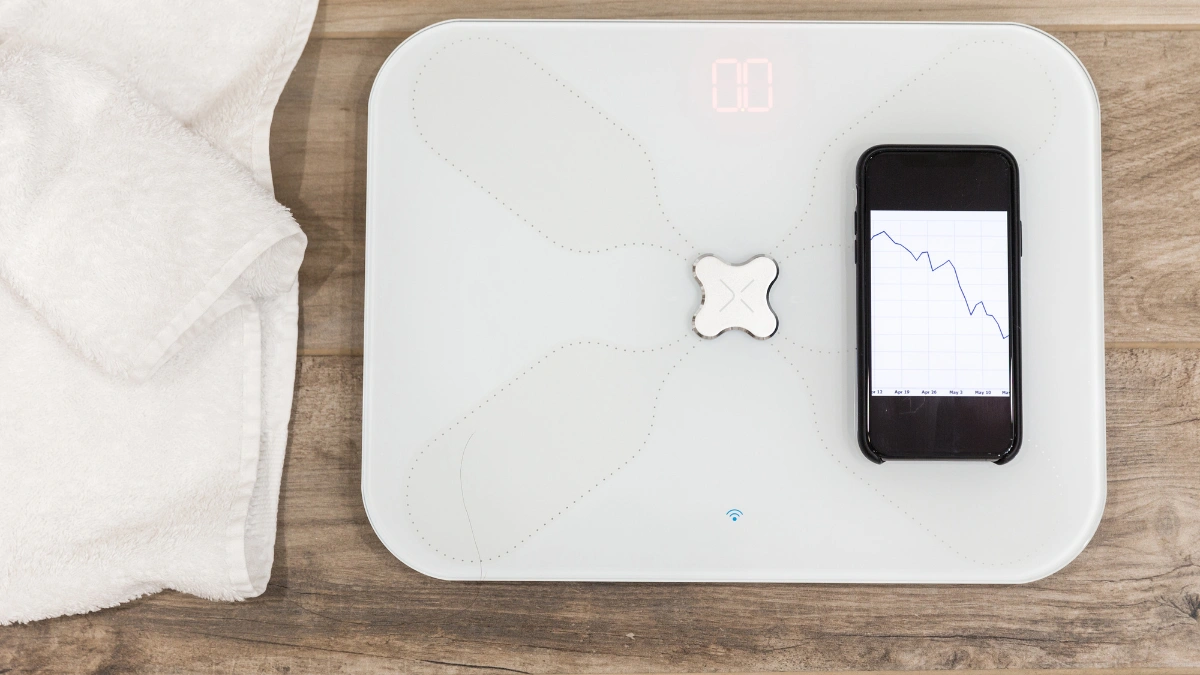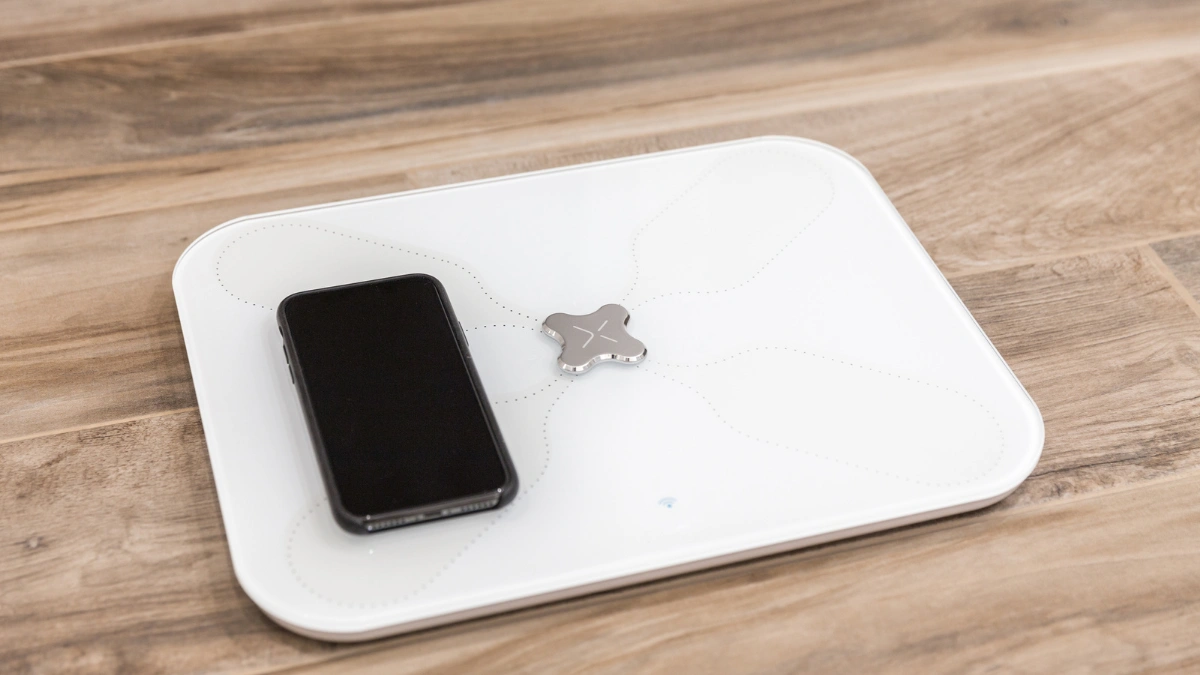Currently, with society’s increasing concern for health, many supporting tools for maintaining health are in great demand. Despite the advantages and disadvantages of smart scales, this technology is widely utilized by many people in its use.
Smart scales help a lot in measuring body composition information with various features that make it possible to see trends in body health development. However, all technological developments have positive and negative sides, as well as the advantages and disadvantages of smart scale, of course, there must be.
This article will review the advantages and disadvantages of smart scale that you can consider before you choose to buy them.
The Advantages and Disadvantages of Smart Scale
The advantages and disadvantages of smart scale include the complete feature to prices are more expensive. Here are the advantages and disadvantages of smart scale that you can consider.
The Advantages of Smart Scale

Here are some of the advantages of smart scale that you can enjoy:
1. Easy to use
A smart scale with many features and being able to connect to applications, this tool is generally easy to use and provides fast measurement results.
2. Accurate (with notes)
Rather than providing precise absolute measurements, smart scales are more accurately intended to track changes in your health development over time.
3. Complete the body composition information feature
Not only does it show body weight, but the smart scale has a feature to calculate complete body composition information such as information about fat percentage, muscle mass, bone mass, and water content in the body.
4. Able to track health data and trends
Through the ability of a smart scale that can be connected to an application, this tool is able to track changes in weight, body composition, and health trends periodically, so that it can help users monitor the progress of health programs.
5. Motivate to maintain health
From the data and trends generated by the smart scale in the application, it is hoped that it can motivate users to maintain health and exercise, as well as achieve fitness goals.
The Disadvantages of Smart Scale

Here are some disadvantages of smart scale to consider:
1. No calibration mode
Some smart scales do not have a calibration mode, so users may need to use a standard weight to validate the scale’s accuracy.
2. Prices are more expensive
With the many features and measuring capabilities of a smart scale, of course, this tool is more expensive than traditional scales.
3. Less accurate for absolute measurements
The accuracy of smart scales can be affected by various factors such as hydration levels, diet, and age, making them less suitable for precise absolute measurements.
4. Not suitable for pacemaker users
The way the smart scale works, which uses a small electric current that flows throughout the body, makes this tool unsuitable for pacemaker users because it can disrupt the performance of the pacemaker.
5. Requires care and cleaning
The average smart scale has a scale base made of glass, so it can leave footprints. This means you need to clean it regularly, to remove footprints and keep the scale clean.
Those are five advantages and disadvantages of smart scale that you can consider before you choose to buy them.
Another thing to note is that smart scale on the market uses Bluetooth or WiFi technology, this technology must pass the certification test from the Directorate General of Digital Infrastructure (DJID).
With this certification, users can feel calm about using a smart scale device whose quality and security are guaranteed. For manufacturers or importers of smart scale devices, obtaining certification from DJID is a mandatory step before the device can be officially marketed in Indonesia.
To simplify the certification process, we are available to assist with this process as a reliable solution. [UN]

